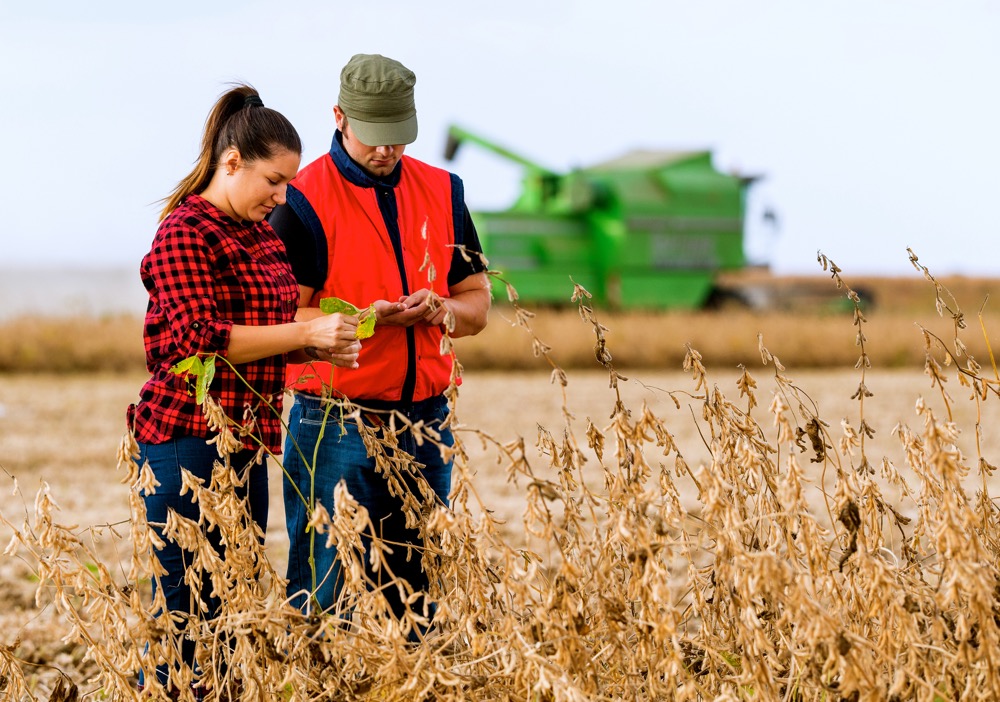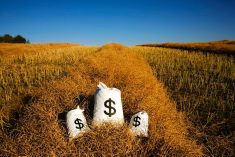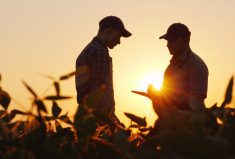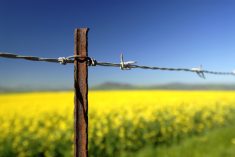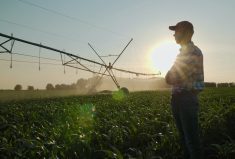I had some eye-opening conversations on generational differences when I spoke to farmers last fall for Country Guide’s Best Advice podcast series.
Early in our conversations, I could tell what type of mindset each farmer had. They quickly shared how different they were from their parents in how they chose to operate. Not only were the young farmers armed with a growth mindset, but most of them, regardless of age, experience or life situations and challenges, were farming with a ‘can do’ attitude.
The word “mindset” is not one I hear often in agriculture and food circles compared to other areas where I’ve worked.
Read Also
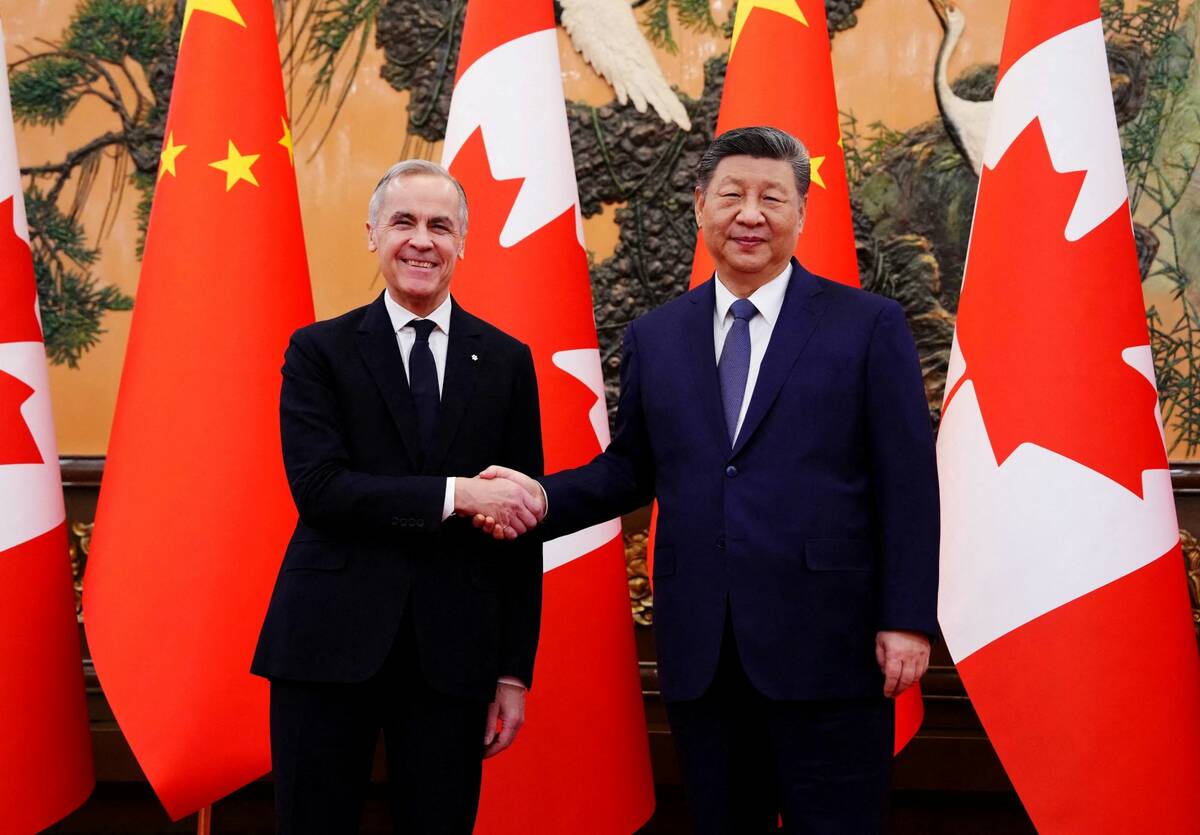
Pragmatism prevails for farmers in Canada-China trade talks
Canada’s trade concessions from China a good news story for Canadian farmers, even if the U.S. Trump administration may not like it.
Carol Dweck, a Stanford psychologist considered one of the pioneers of mindset, says that it’s not intelligence, talent or education that sets successful people apart. It’s the way they approach life’s challenges.
According to Dweck, there are two different mindsets we have as humans: growth or fixed. A growth mindset is based on “the belief that your basic qualities are things you can cultivate through your efforts,” whereas a fixed mindset is “the belief that your intelligence, talents and other abilities are set in stone.”
What type of mindset do we use in ag and food as we do business within our sector, and how will this affect the future?
One of the greatest lessons I’ve learned as a business owner within our sector is how instrumental mindset is to being an entrepreneur. Without a growth mindset, I wouldn’t exist as a small business owner. Almost all the business owners I know, or learned from when I started out in entrepreneurship, have a growth mindset.
It makes me think of the conversations I suspect are happening right now on farms across Canada, and how each generation is potentially approaching challenges and opportunities differently compared to another generation.
It also gets me thinking that mindset is not an age thing. There are many other factors at play, including when you were born and when your parents were born, the experiences that shaped your upbringing and how success was defined for you when you were chasing dreams as a young person starting out.
I suspect that success in the 1980s and early ‘90s for most farmers was likely about keeping the lights on during sky-high interest rates and building an appropriate farm size that worked to maintain the lifestyle built from what their grandparents had during and after the world wars.
Growth wasn’t a word used when interest rates were at 18 per cent.
Compare that with our era. If you’re a young person who doesn’t mention growth in some way almost daily as part of succession plans and annual business planning conversations, you’re made to feel like you’re behind.
The current and future generation of farmers, for economies of scale, will have to continue to grow in order to farm in Canada. That’s just what business calls for today, a stark contrast to what was asked of our parents and the way they farmed.
I think about how we’ll need to approach our challenges and opportunities as a sector. Will we have a growth mindset, working to find solutions while being agile, resilient, open to change and with a forward-thinking sense of optimism? Or will we approach our problems from a woe-is-me victim mindset that makes our solutions feel too far out of reach?
If we are to grow to be THE sector of our country’s future and attract the talent required, we’re going to have to look at how we portray ourselves and become a sector that creates and fosters everything from a growth mindset.
I can guarantee that the top talent and next generation of leaders and farmers want to know they’re part of the solution in how we address challenges and opportunities to feed our country and the world.

